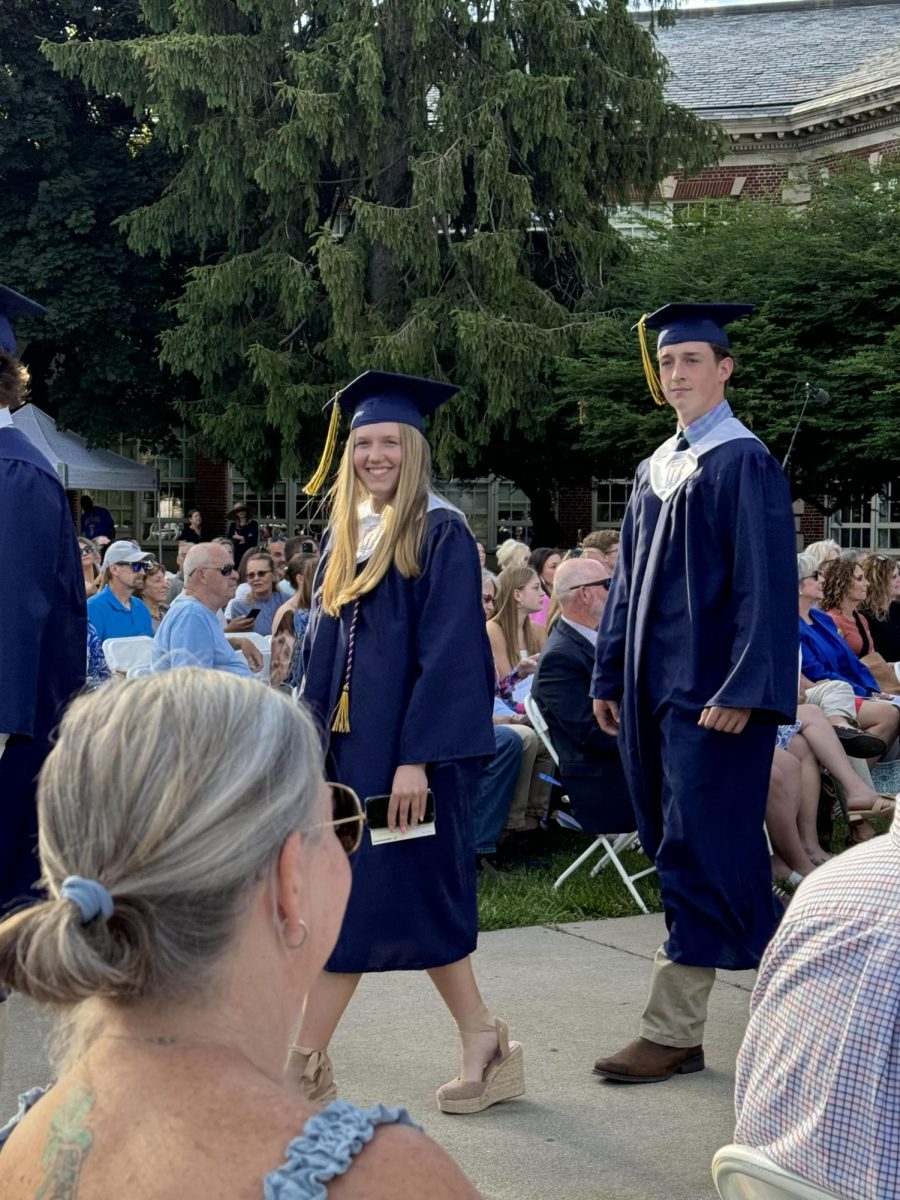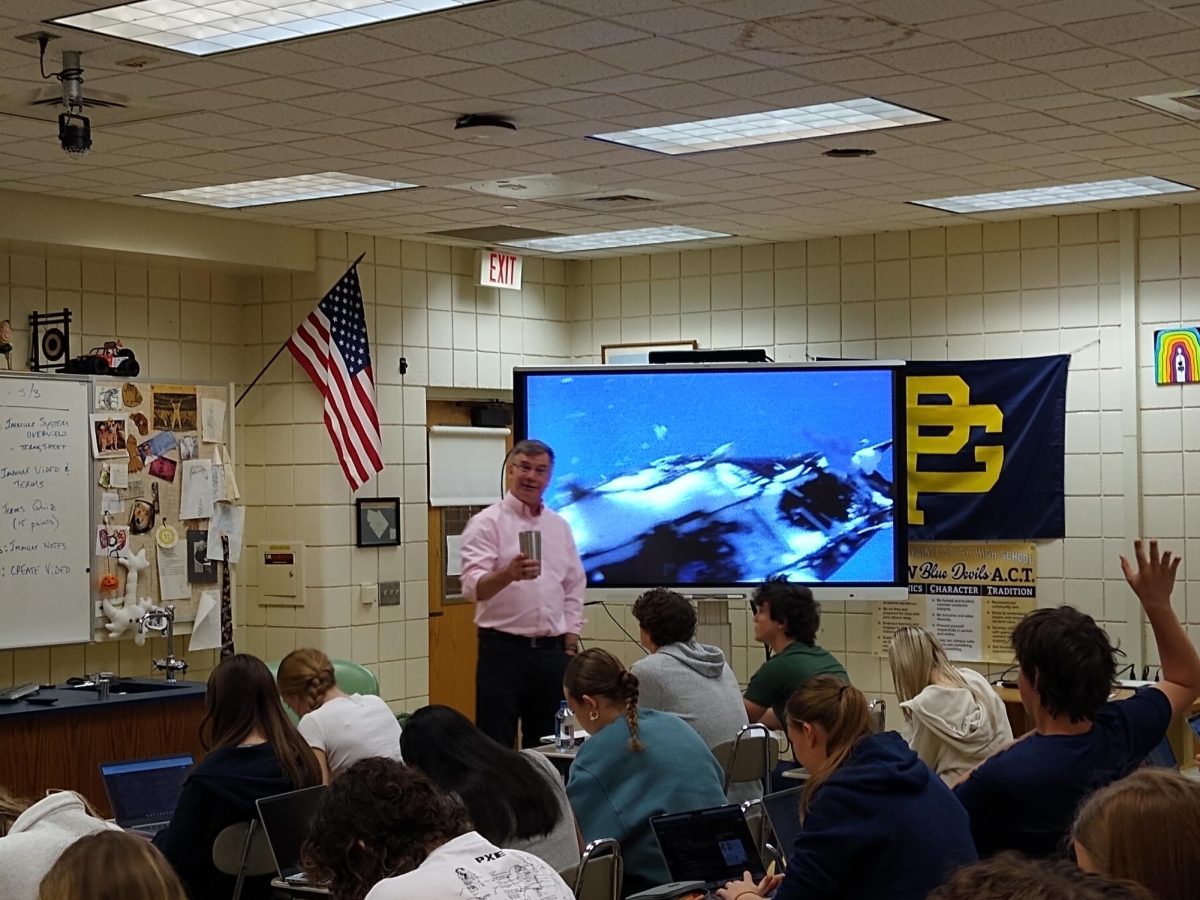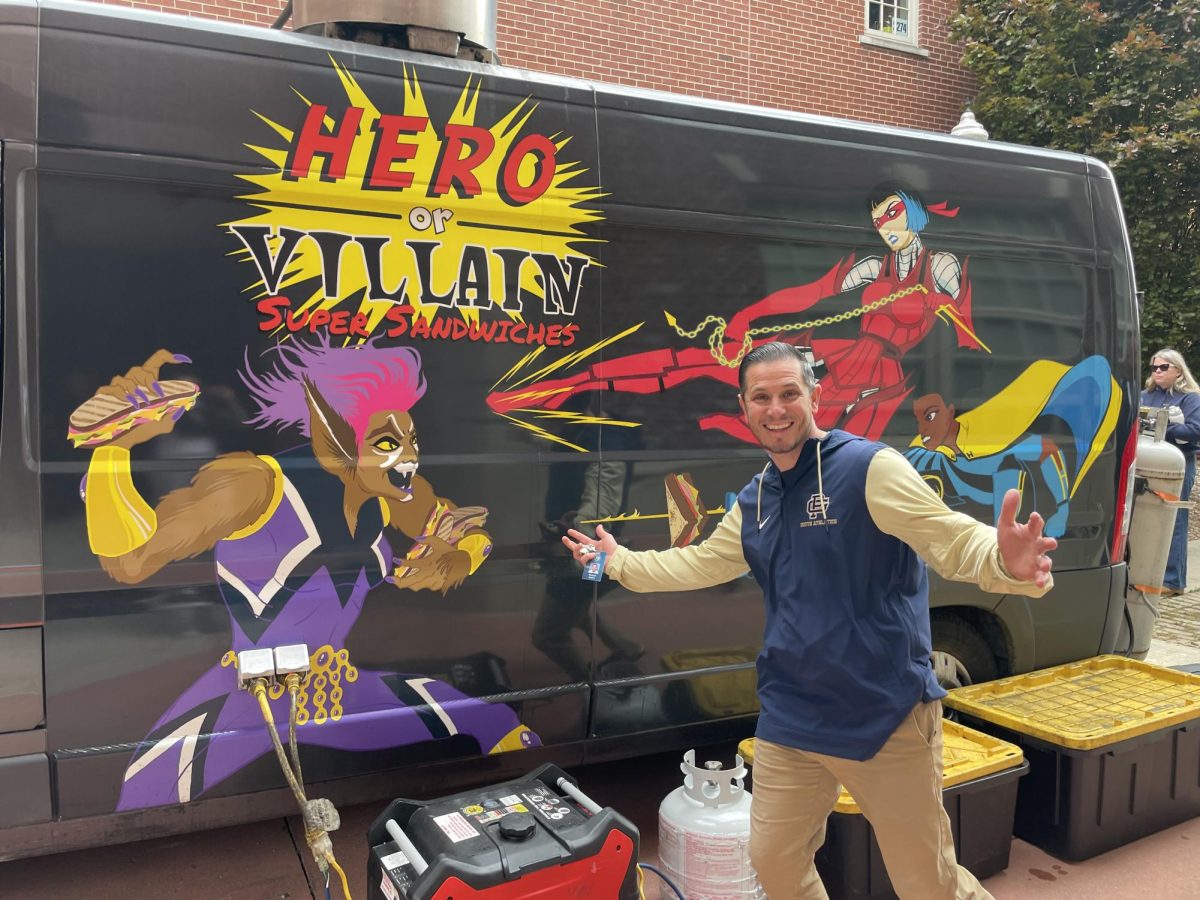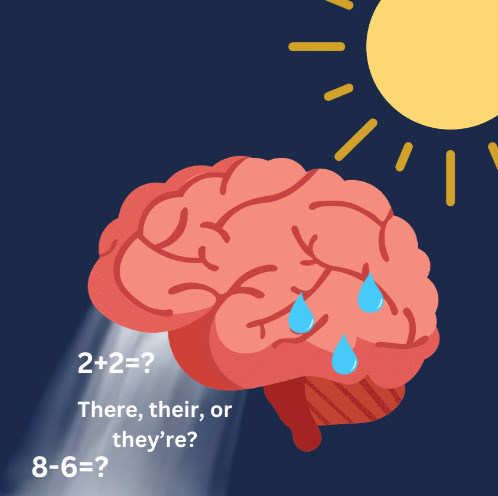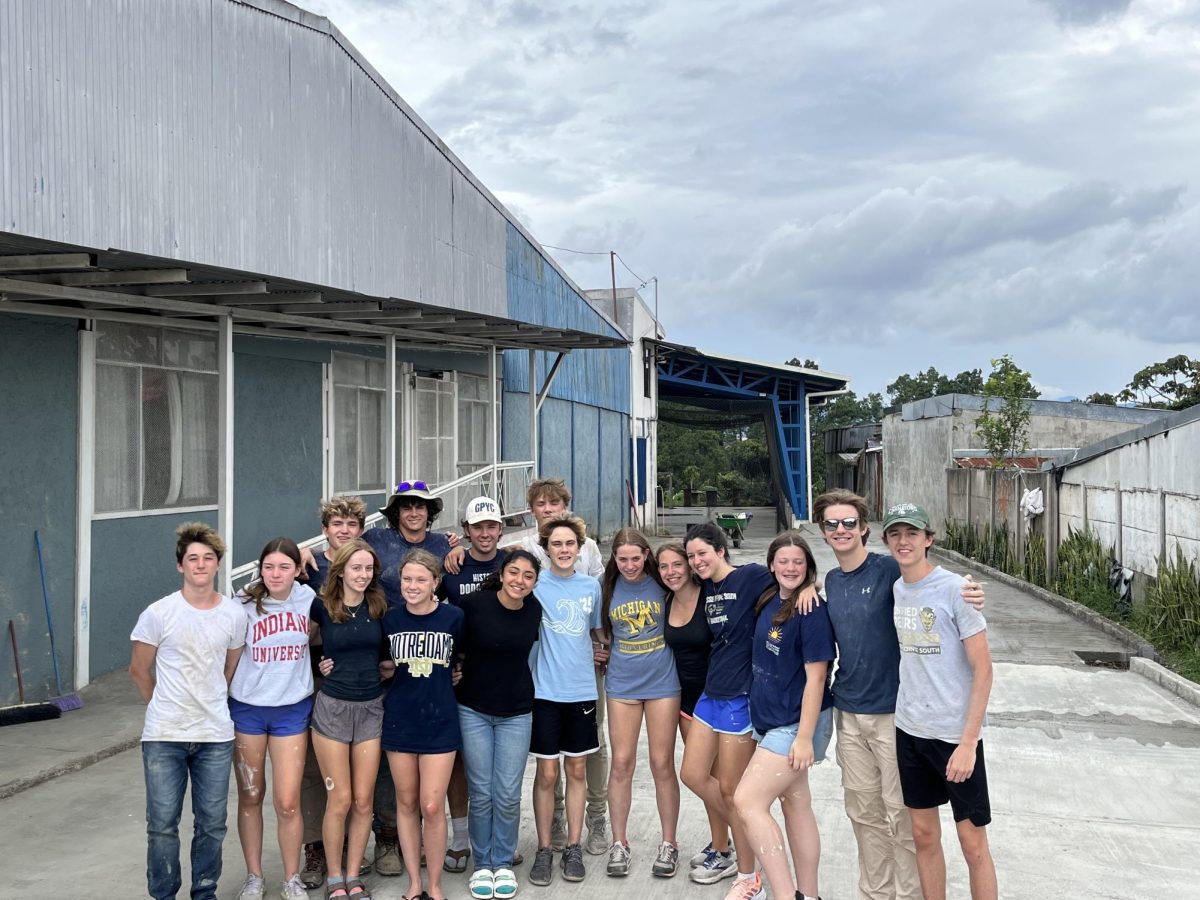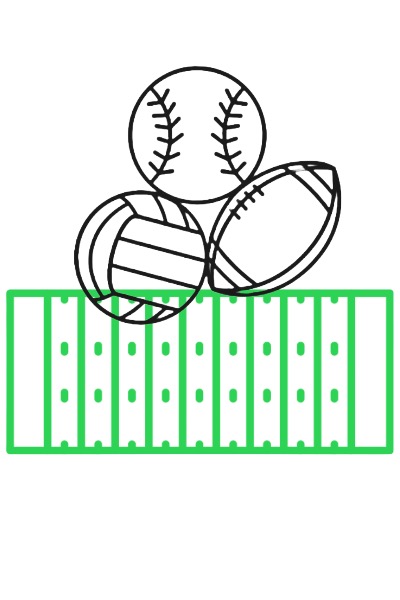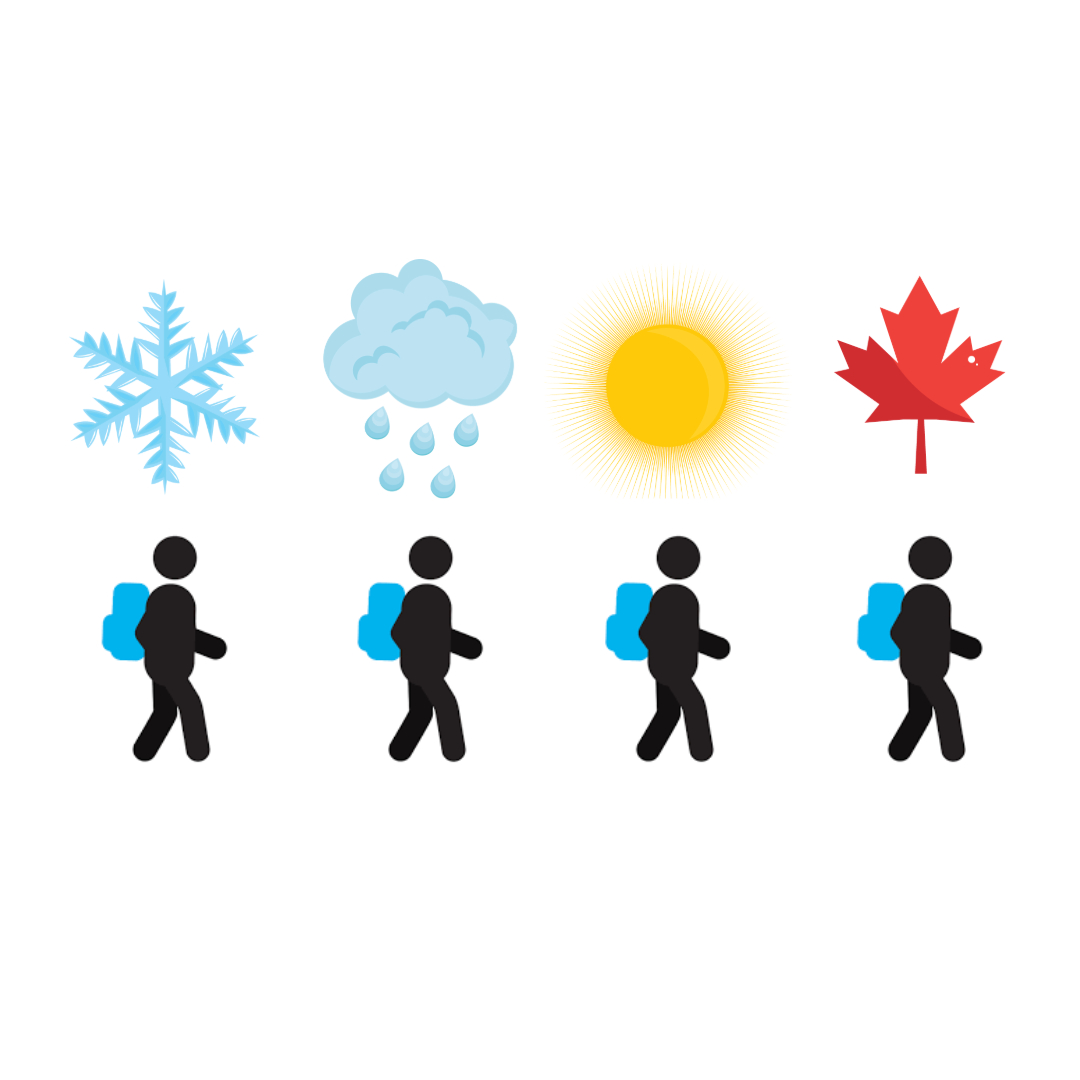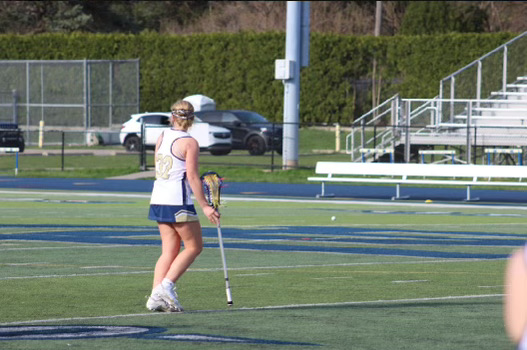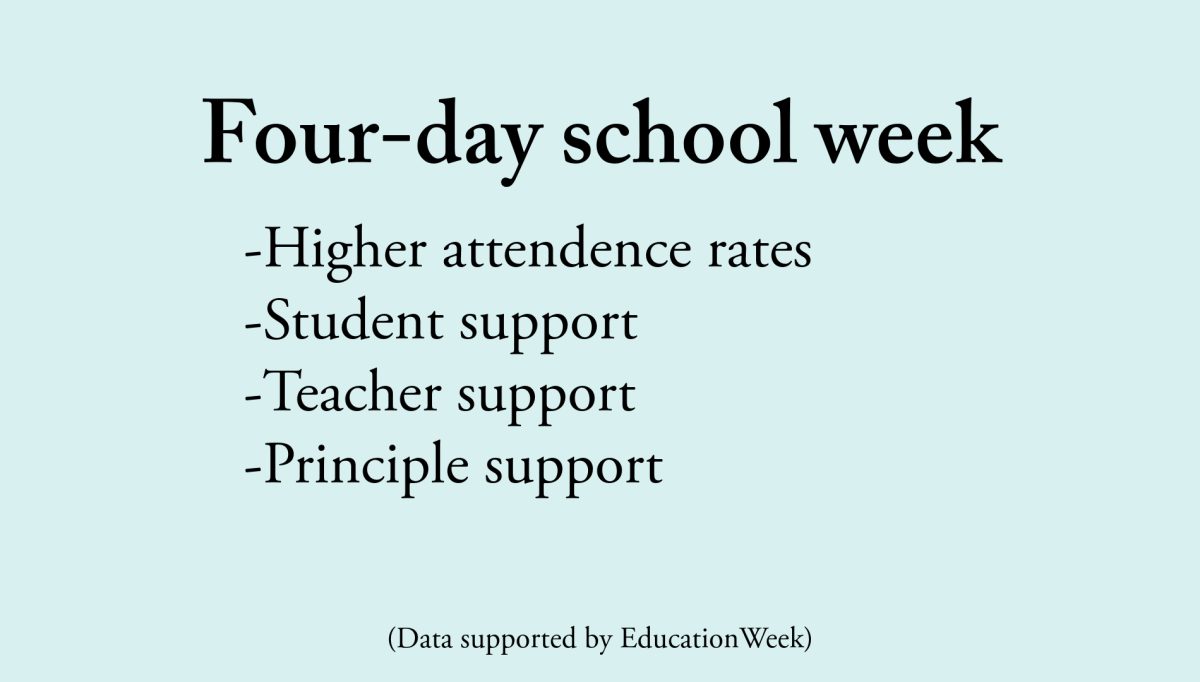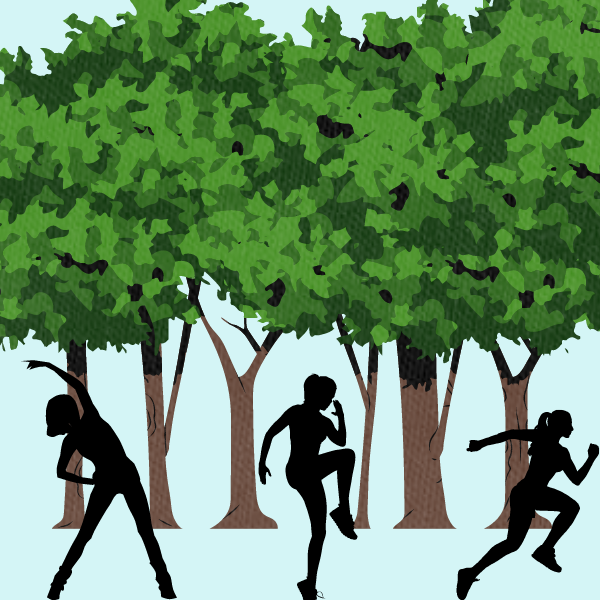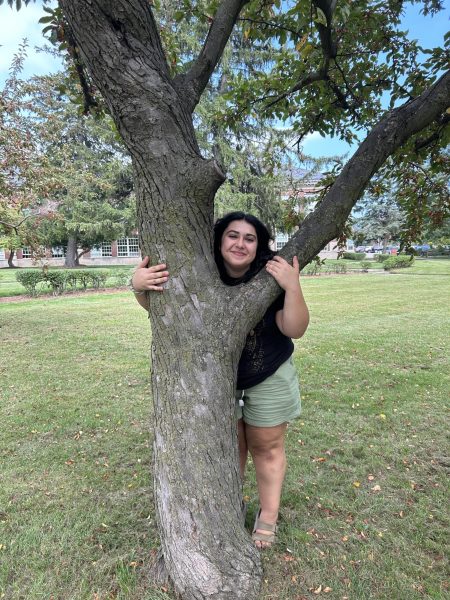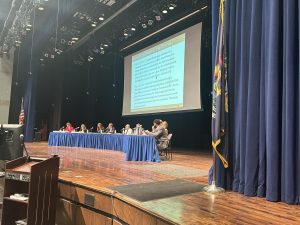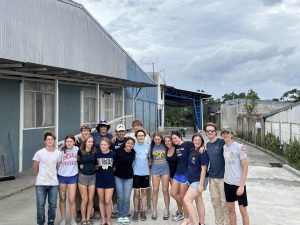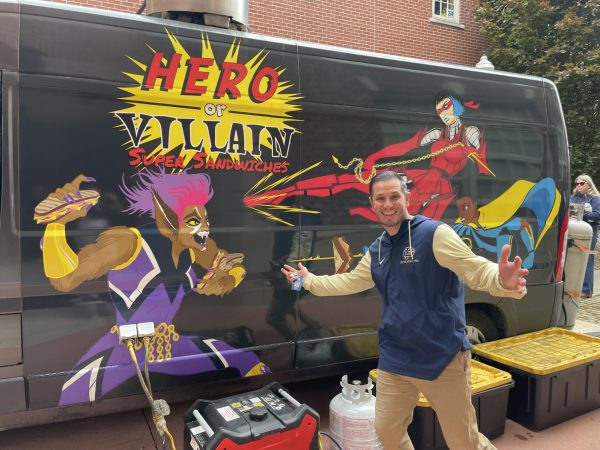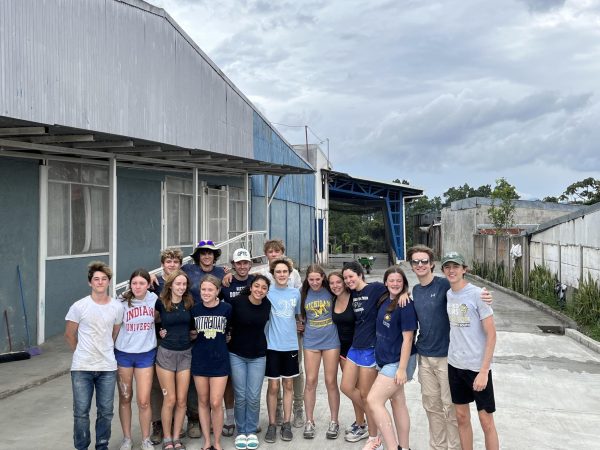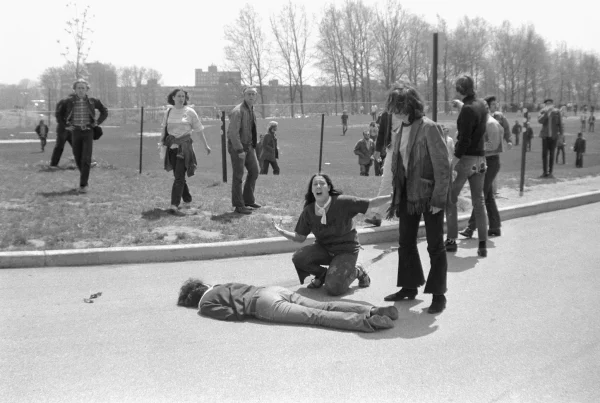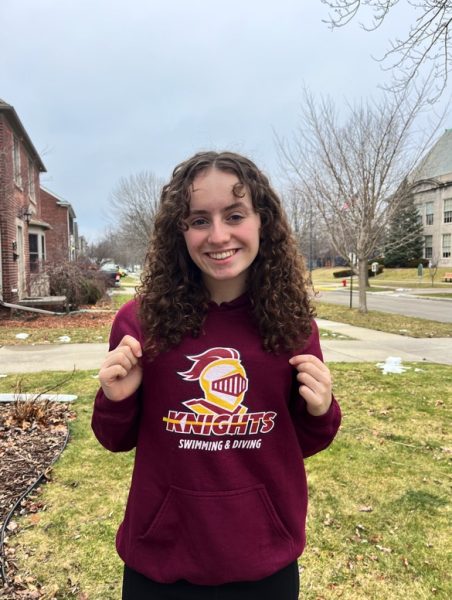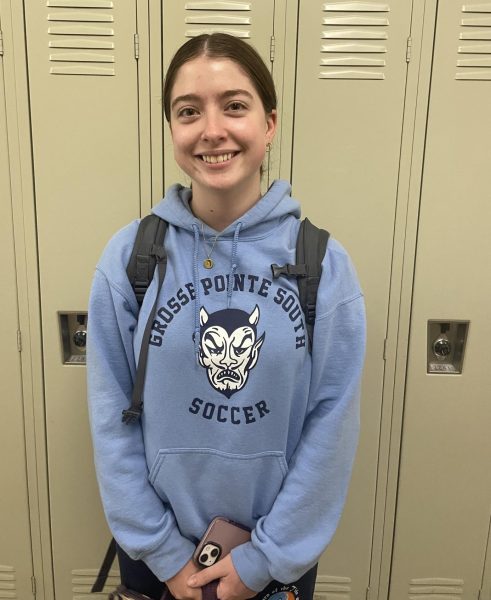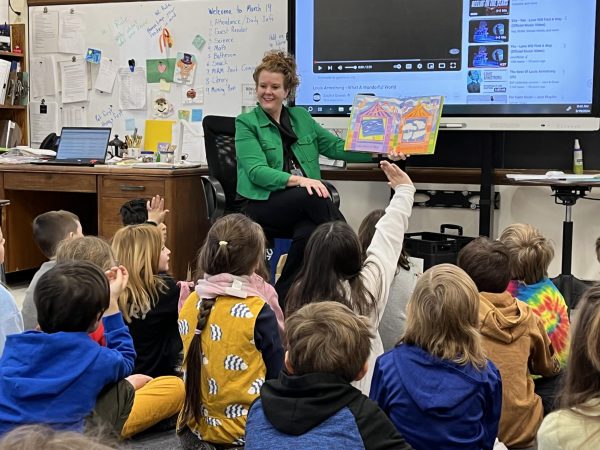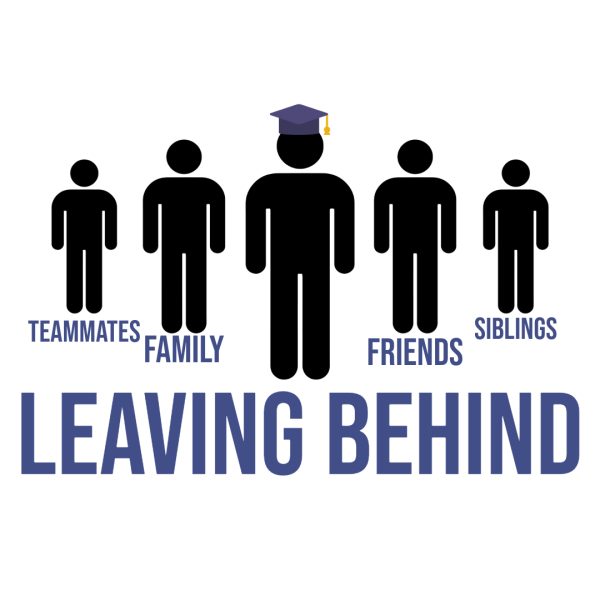Lightening the load
October 5, 2021

Students, staff and administrators were all thrown into the center of a whirlwind last year, and reinstating a sense of normality after that has been difficult for us all. During the rocky period of learning, students found themselves scattered in completely different planes of the classroom. Some were 100 percent online, while others eventually resumed walking South’s halls, albeit on a hybrid schedule. To accommodate students during this time, teachers worked to reduce coursework, meeting on a regular basis to rule out usual curriculum that didn’t seem essential. Paces of classes were set more gradually than in usual school years, and many teachers provided extra help in the form of office hours.
This year, with the entirety of South’s student body back in the building, it’s been challenging to gauge what pieces of quarantine learning teachers should continue to put into effect and what pre-covid curriculum norms should be cracked down on during this year. As repeated cases start to pop up, students are asking counselors to drop certain classes. Counselor Troy Glasser said he tries to keep a balanced outlook.
“Counseling is a lot like parenting,” Glasser said. “We ask the kids to choose their classes wisely with our guidance, and the teacher’s guidance. As a counselor, like as a parent, you want your kid to work hard, but not be overwhelmed.
Glasser said that he even receives students who are freaked out just from a class’ syllabus. Usually, this ends up being a false alarm, and the students settle into the class just fine. Glasser said he understands that the work-life balance can be tricky and that biting off more than you can chew skews the scale. However, he said that students should venture outside of their comfort zones in terms of class work.
“Courage is a really important word to me because I want kids to have courage to try things, like an AP class, if they have the ability and not be afraid to fail,” Glasser said. “If you fail, learn from those mistakes. But, I also think you need to have some grit in life. The going gets tough, and the tough gets going. You have to learn sometimes how to push through, with the support of counselors, teachers, parents and peers.”
After consulting with teachers and informing them of the distress among students, two main departments have been working to create less of a stressful load for students in terms of out-of school assignments. According to English teacher Harry Campion, both the math department as a whole, and the AP. Literature and Language classes have been adjusting the track their class takes in order to maintain balance. Campion said he has been trying to implement changes within his AP Literature class.
“I’m trying to ask on a daily basis how everybody’s doing and how everybody’s feeling,” Campion said. “I don’t read minds very well. All I can go by is what they are saying to me out loud.”
Campion said he and his counterparts have been doing their best to slow down the timeline of AP Literature and working out more blocks of time in-class for reading and reflecting. Though they worry about not reaching all the course material possible, they said they understand the aftereffects of last year are buffering the amount of workload the students can handle. The math department, which was planning to implement reduced course load even before COVID, is using a similar strategy. Mather teacher Lisa Kline said she has tried to keep her positivity, regardless of what her class looks like.
“It’s a stressful topic, and I’m a high intensity teacher,” Kline said. …”I’m trying each day to give the kids a pulse of where it should be. On a scale of ten, this should feel like a two. If you were feeling an eight and I’m telling you you should be feeling a four, let’s chat. Let’s connect.”
Kline and Glasser are both adamant that communication with teachers is essential. Glasser said that teachers are the ones that know their class and curriculum best, and, therefore, can help out struggling students in the most impactful way.
“I personally would like to see there be a big push for students to communicate among their peers, communicate with their teachers and advocate for their own learning,” Kline said. “(That applies to) if they feel like the pace is too fast or if they feel like the pace is too slow..”

